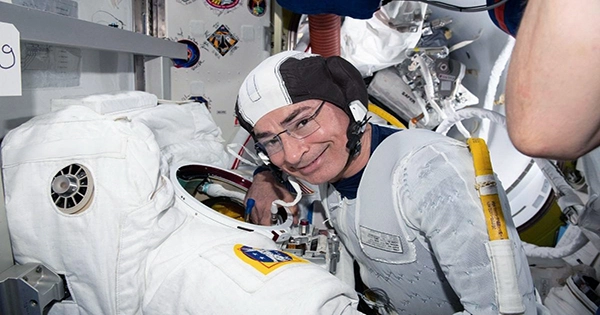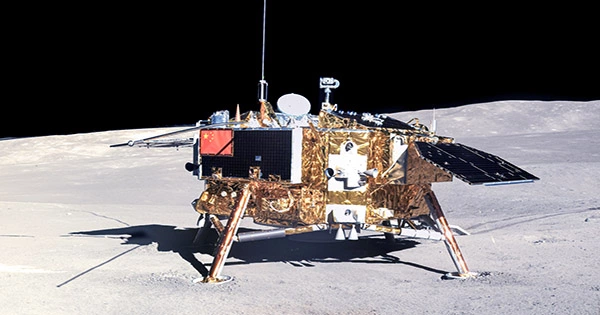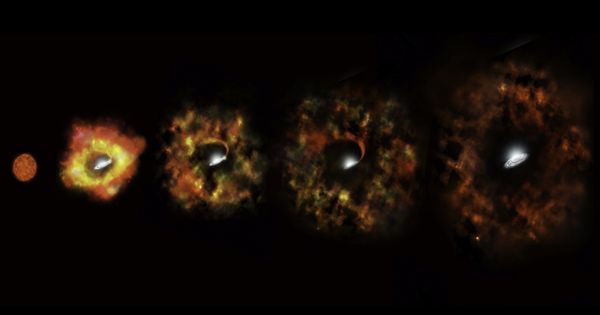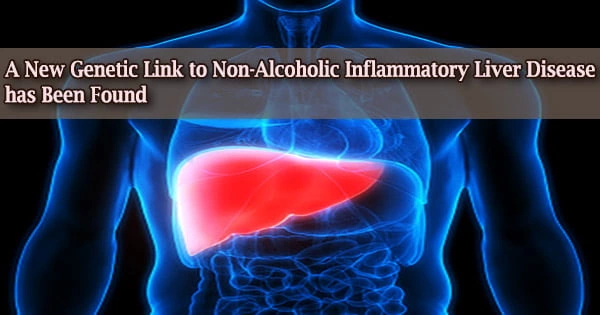Astronauts frequently discuss the overview effect, a mental change that occurs when you see our planet in the interplanetary space and realize how fragile it is. However, space explorers go through more than simply mental alterations. Neurological alterations are also present. Being in space has an effect on their brains. A new study published in Scientific Reports examined MRI scans of 15 astronauts before and after their lengthy stay in space, as well as after one month, three months, and six months. They were pitted against 16 non-astronauts who served as a control group.
Long-duration space journeys because increases in perivascular spaces — the parts of the brain that surround blood vessels where cerebrospinal fluid travels – according to the study. While this was a significant alteration, the astronauts’ balance and visual recall did not appear to be affected, indicating no impairment. In a statement, senior author Dr. Juan Piantino, assistant professor of pediatrics (neurology) at the Oregon Health & Science University School of Medicine, stated, “These findings have crucial implications as we pursue space exploration.” “It also pushes you to consider certain basic scientific concerns, such as how life arose on Earth.”
Our bodies’ fluids change once we’re in space. This is due to the lack of gravity dragging things down. To regain equilibrium or homeostasis, our bodies go through changes, including the elimination of red blood cells. This shift in the brain appears to be a result of it, and it may be observed in first-time astronauts both before and after their first trips. Veteran astronauts, on the other hand, appear to have no alterations in perivascular space before and after flights. “It’s possible that experienced astronauts have attained a state of equilibrium,” Piantino speculated.
The underlying “hardware” of the glymphatic system is thought to be the perivascular gaps in the brain. This mechanism, which functions best in deep sleep, cleans the brain of metabolic proteins. When the glymphatic system isn’t operating properly, metabolic proteins build up, which has been linked to the development of dementia. As a person gets older, the perivascular spaces are known to expand.
“These discoveries are important not just for understanding basic changes that occur during space flight, but also for persons on Earth who have disorders that impair cerebral fluid circulation,” Piantino added. This isn’t the first investigation into the minds of astronauts. A change in CSF fluid caused an increase in gray matter at the top of the brain and a decrease at the bottom, according to a prior study.
















